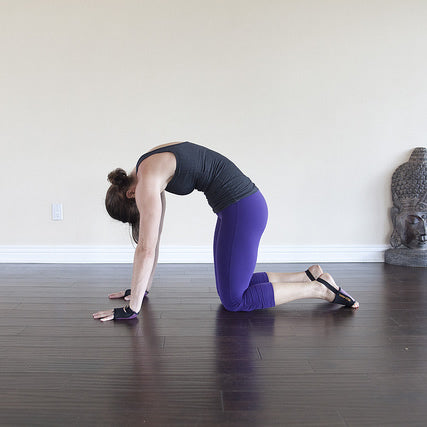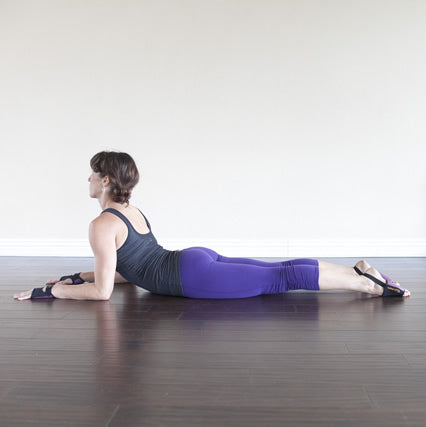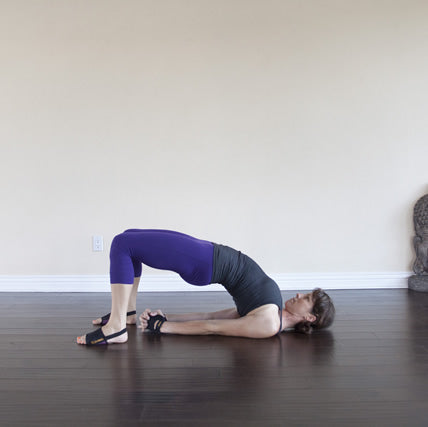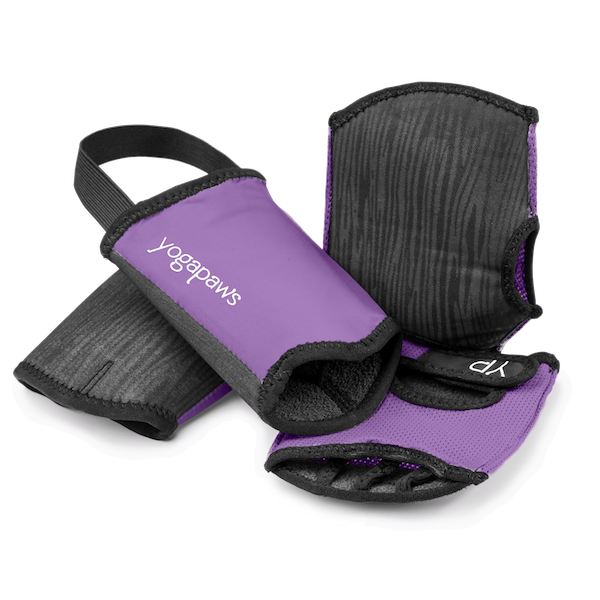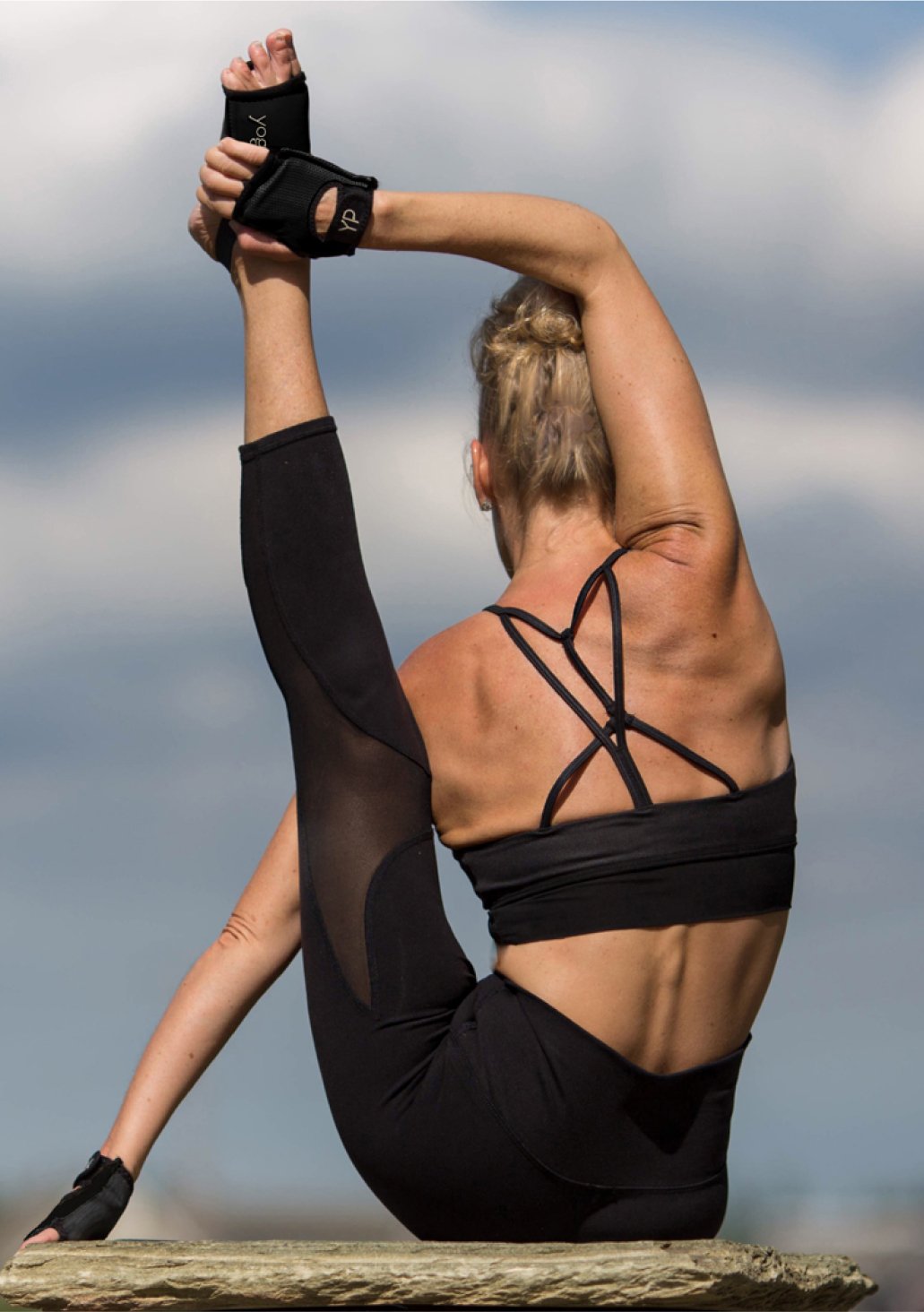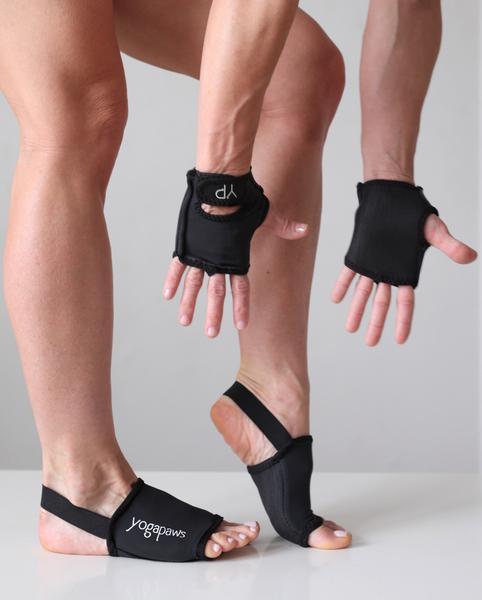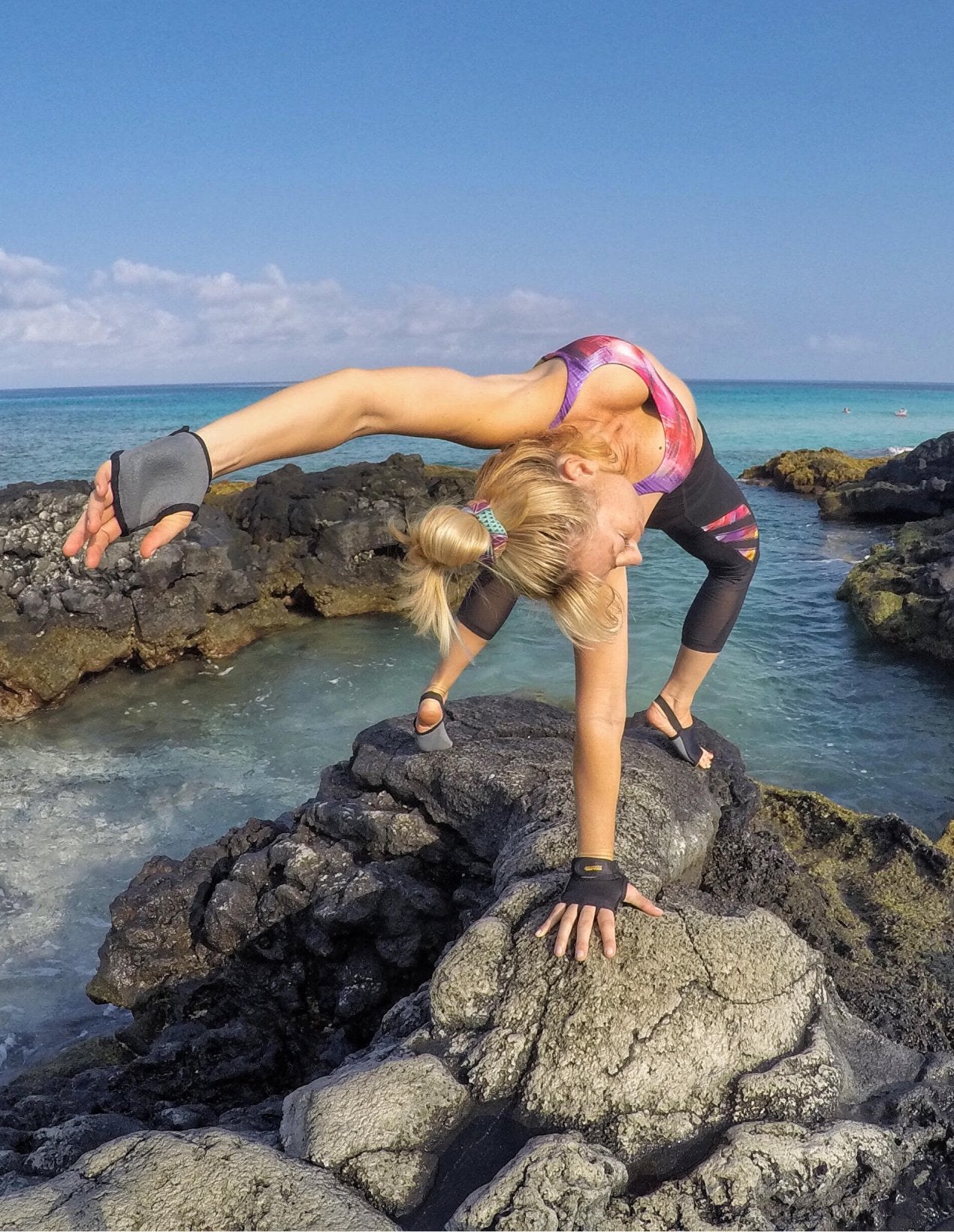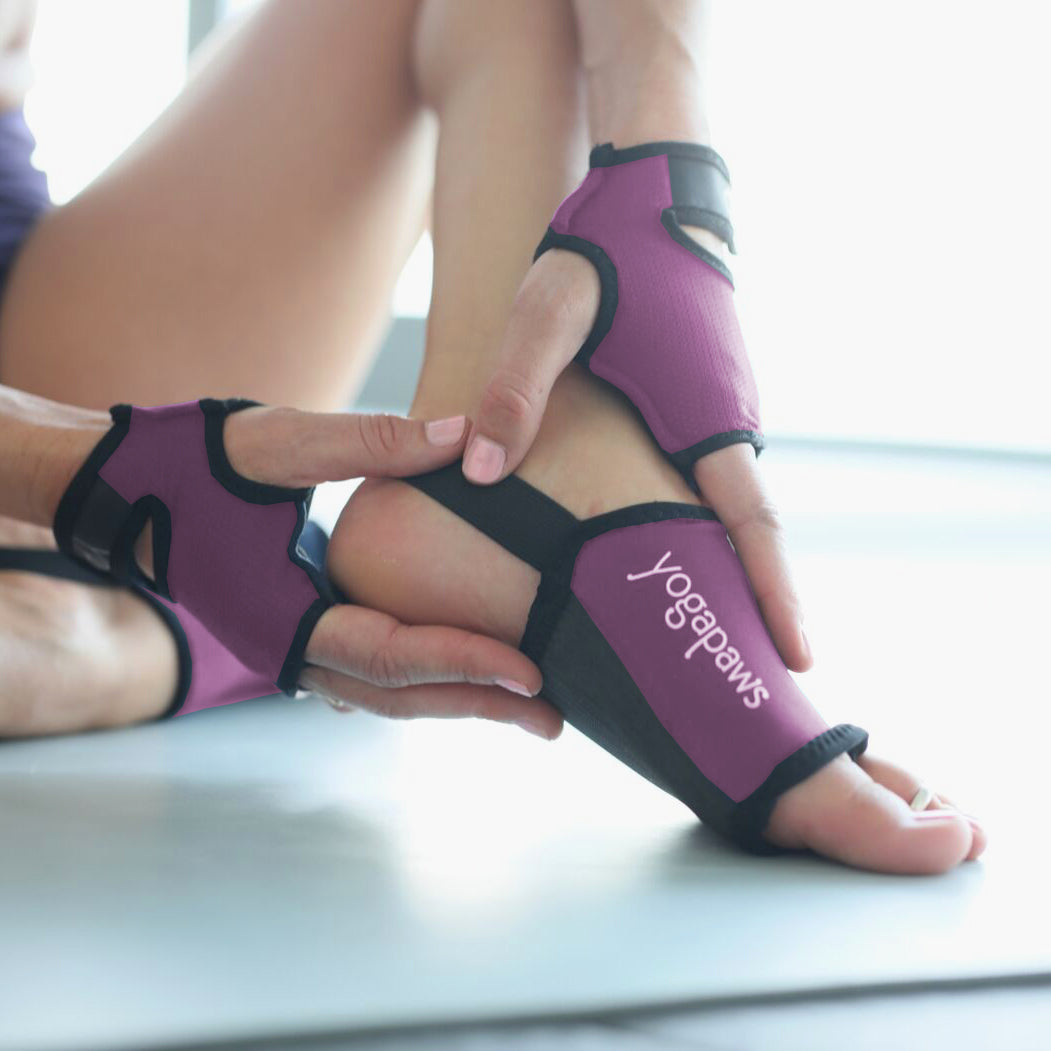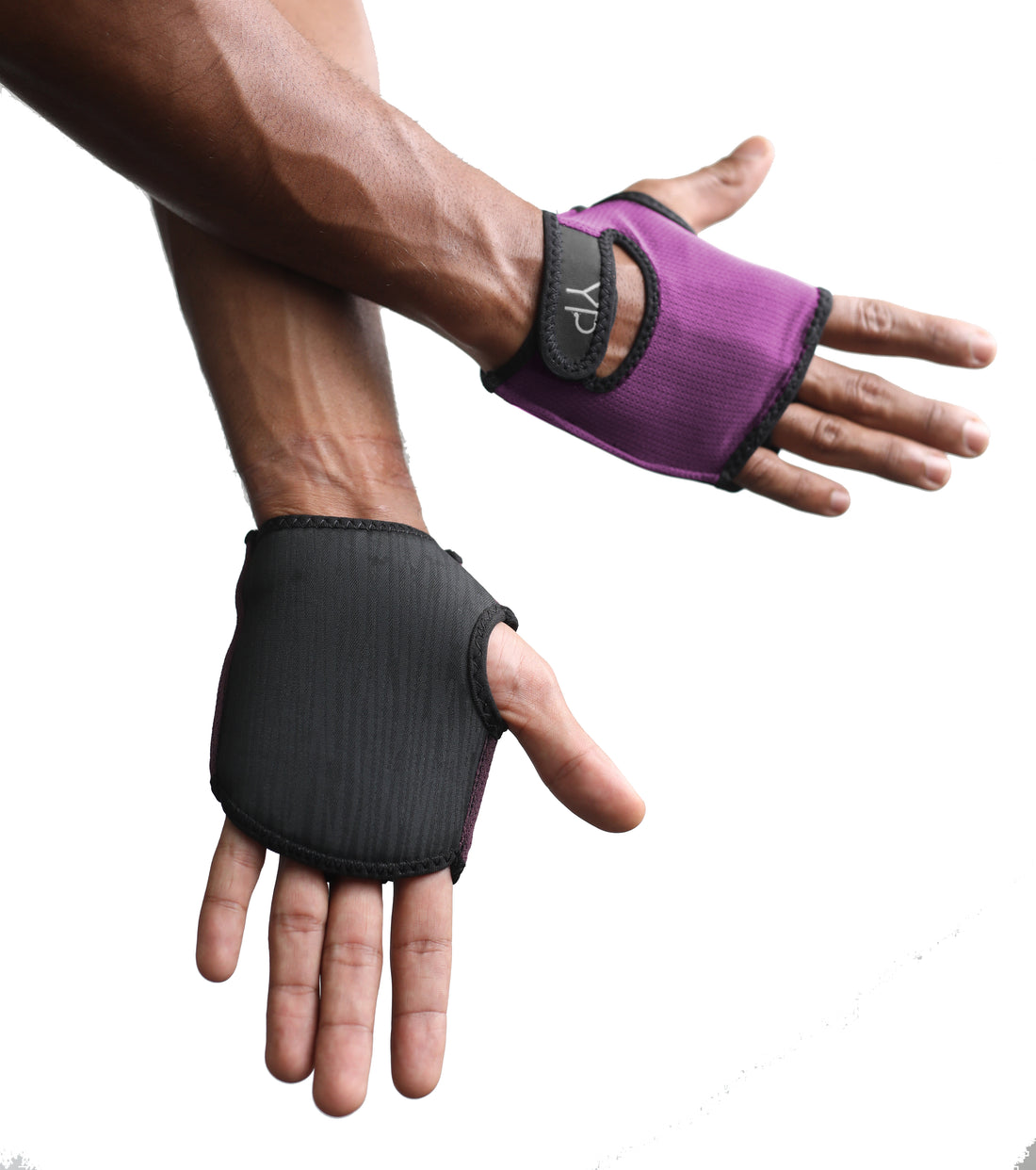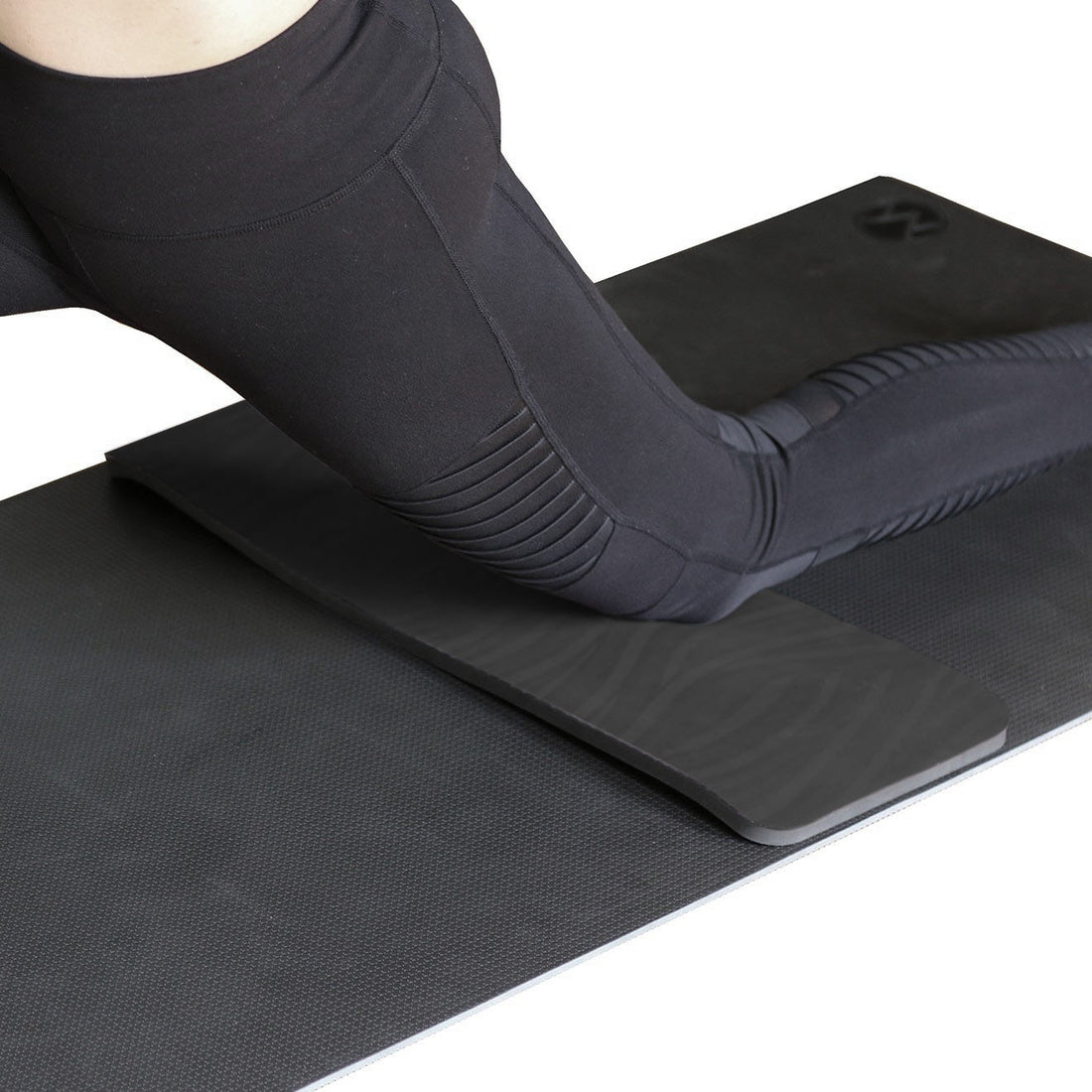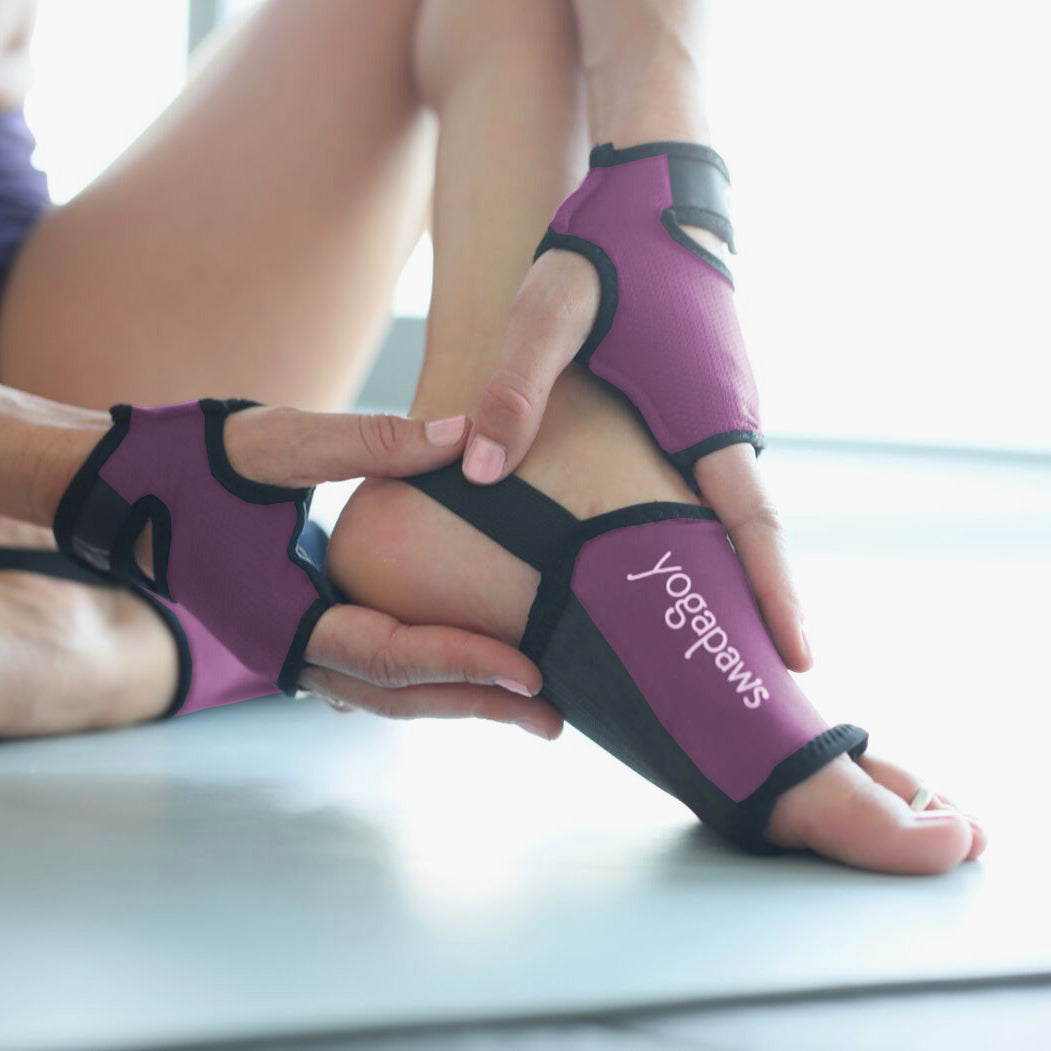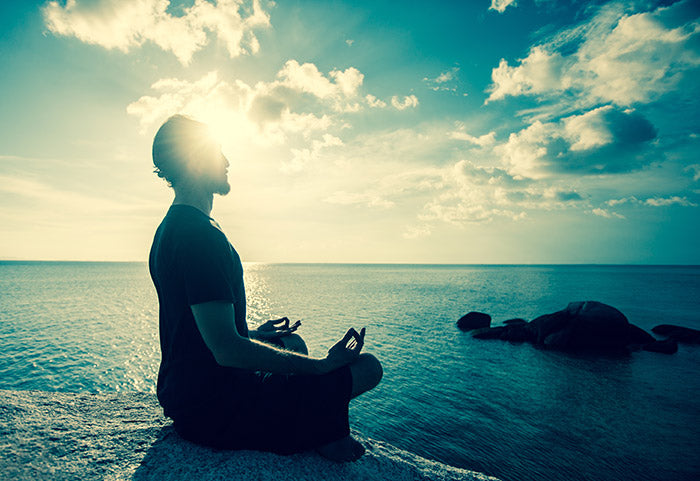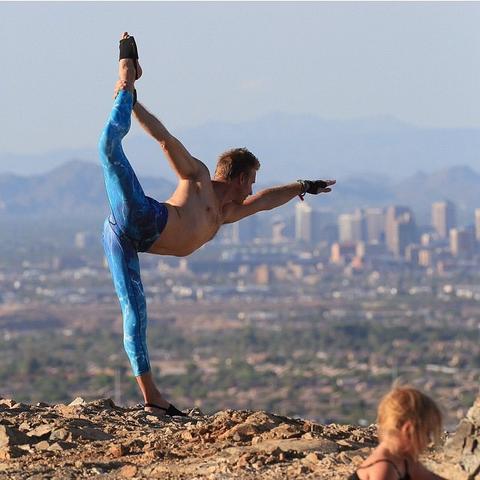
Back Basics
So why do 80 percent of adults experience at least occasional lower back pain? Unless the cause stems from injury or skeletal deformities, back pain is part of the price you pay for walking and sitting upright. While it was pretty brave for your ancestors to transition from moving on four legs to traveling along on two legs (thereby exposing their vital organs to their enemies), that physiological change meant a lot of pressure would be exerted on the spine.
When you sit, the weight of your torso bears down on your lower back. If you slouch in your chair, as most people tend to do, you can overstretch the spinal ligaments and strain the discs between the vertebrae. Those discs already under relatively constant stress since they act as shock absorbers, cushioning the spine and, ultimately, the brain from jarring as you walk and run. Hefting boxes on your friend’s moving day or pounding out a 10K on concrete roads can also aggravate the wear and tear of everyday life—as can a golf swing one wrong or a slip on the ice.
Backs also suffer from neglect. People generally feel they’re stuck with back pain or that they can just soldier through the current bout. When endurable becomes unendurable, back pain suffers sometimes allow themselves a trip to a masseuse or a chiropractor. Or, they might contribute to the $50 billion spent every year on medications, physical therapy and related costs. That’s a lot of yoga classes, products, DVDs, YouTube subscriptions—even private yoga lessons!
How Yoga Can Help
Research is proving that yoga is fast becoming the go-to choice for preventing and alleviating lower back pain. Even before Maroon 5’s Adam Levine and actress Chloe Sévingy started touting the benefits of yoga in combating their back problems, studies were showing positive results for back pain sufferers who started a weekly yoga practice. A 2011 trial study by the UK’s University of York found that yoga “a more effective way for people with lower back pain “to become more mobile than the treatments currently offered by general practitioners.”
In 2009, Dr. Robert Saper and his colleagues at Boston University Medical Center conducted that participants in the trial who followed as 12-week program of Hatha yoga, deep breathing and meditation showed an 80 percent reduction in the usage of pain medications and one-third less pain (compared to a standard-care control group). Saper is following up with two additional studies to test yoga’s therapeutic benefits versus standard physical therapy approaches.
Do Try This at Home — and in Class
Fortunately, chronic lower back pain has become such a widespread issue that most yoga studios offer classes or workshops devoted to back health. It’s important to work with a Registered Yoga Teacher (YRT) before starting or deepening your practice to insure proper alignment in the poses. Executed incorrectly, even asanas that are intended to be beneficial can exacerbate the problem. Once you’re comfortable with how the pose feels, build that into your daily practice.
Here are some poses to provide a solid foundation for a healthy, pain-free back.
|
|
Bitilasana "Cow Pose"Begin on your hands and knees. Make sure that your knees are directly under your hips and that your shoulders, elbows and wrists form a straight line. Gaze toward the floor. On an inhale, lift your hips and let your belly sink. Lift your head to gaze forward. Repeat 10 to 20 times.
|
|
|
Marjaryasana "Cat Pose"Begin on your hands and knees, with your knees directly under your hips and elbows and wrists directly under your shoulders. Your head should be in a neutral position with your eyes focused on the floor. Exhale and round your back toward the ceiling, feeling the separation in the vertebrae. Release your head toward the floor. Repeat 10 to 20 times. The Cat and Cow poses are often times done together. On inhale lift head and hips, and on exhale arch back and relax neck.
|
|
|
Virabhadrasana III "Warrior III Pose"Begin in a standing pose. Hinge forward from the hips. At the same time, raise one leg behind you. Feel the "grounded" foot grow roots and become strong. Soften the knee of your balancing leg. Extend your arms forward, reaching out with your fingertips. The foot of the raised leg is flexed and the heel is stretching out in the opposite directions. Your back should be long. Your gaze can be forward, or down
|
|
|
Salamba Bhujangasana "Sphinx Pose"Lie on your belly with your legs straight out behind you. Inhale and lengthen through your entire body. Place your elbows under your shoulders and place your forearms on the floor parallel to each. Inhale and lift your torso, concentrating on keeping your core and front body long and lengthening rather than compressing the back. Hold for five to 10 breaths. Release your torso to the floor.
|
|
|
Setu Bandha Sarvangasana "Bridge Pose"Lie on the floor. Place a folder blanket under your shoulders to help support your neck. Place your hands palms down at your sides. Bend your knees and bring your heels as close to your buttocks as possible. Inhale and start to lift your back off the mat one vertebra at a time, keeping your shoulders on the blanket and curling your pubic bone toward your navel. To check your alignment, try placing a block between your knees. To deepen the pose, clasp your hands and roll your shoulders under. Hold for 30 seconds to one minute. Release by lowering one vertebra at a time to the mat.
|
Talk with your teacher about developing a sequence that addresses the specific spots that are literally a pain in your back. As you begin to work on asanas that send oxygen into the spine and help it decompress, you’ll become proactive rather than reactive—a great metaphor for facing down discomfort and challenges in all facets of life.



